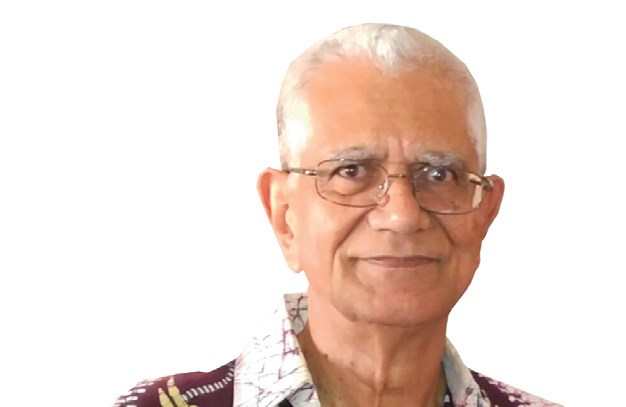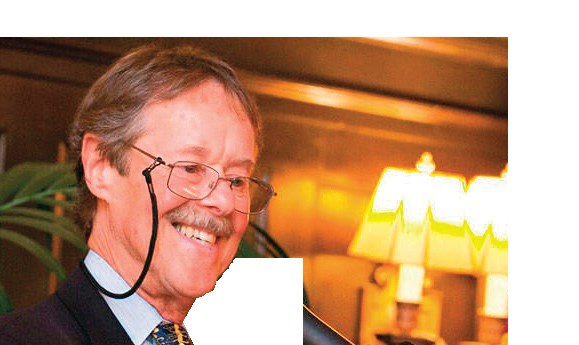By MOHAMED HAMALUDIN
Many Americans are dreading the coming presidency of Donald Trump because of fears that his administration will collude with the Republican-controlled Congress and soon-to-be majority conservative U.S. Supreme Court to destroy many decades of painstaking gains in the march towards a gentle, kinder America.
As a clear sign of things to come, Congress has already initiated legislative steps that it hopes will erase the Affordable Care Act – the so-called Obamacare – which has given health insurance to more than 20 million people. Similar steps can be expected in most areas of national life, some of them previously thought to have been settled. These will include race relations, civil rights, abortion rights, labor rights, women’s rights, immigration, international relations, trade and the environment.
The Republican Party chafed under the eight-year presidency of Barack Obama, who did not hesitate to wield the veto pen, but some of its grievances go back decades, such as its ideological enmity towards social programs such as Medicaid, Medicare and Social Security. When the Supreme Court vacancy created by the death of Antonin Scalia is filled, there will be, for Republicans, a happy confluence of forces that will grant their party almost unfettered ability to reshape the national agenda and set a course that will persist for probably more than a generation.
It is how American democracy works. Politicians who win elected office have a mandate to implement, or at least try to implement, the policies on which they campaigned. It is highly desirable that some check and balance exists, as happened with a hostile Republican-controlled Congress facing down Democrat Obama since 2008. But that will no longer be the case as of this Friday, when Trump is sworn into office.
This does not mean surrendering to the tyranny of the majority, which indeed has happened in the past. Those who have a different vision of the American democratic experiment can still exercise some influence. But it will be difficult, judging from the campaign statements of the incoming president and members of his proposed administration.
The American political system has been evolving into a compact that acknowledges the increasing diversity of the nation but neither Trump nor his top lieutenants have shown any disposition towards such acknowledgement. Indeed, some of them have expressed views that are downright hostile towards the concept of a multi-racial, multi-cultural and multi-religious America.
Many observers have concluded that this belief, which is expected to surge at least for the next four years, is a result of neglect of the white working class and an uneasy feeling among them that they are being squeezed into a minority. This assumption is also said to underpin the rise of white “nationalists” and racists who gleefully embraced the Trump candidacy and now take comfort in the reality that he will be president.
The power trifecta of Congress, the Presidency and the Supreme Court will also, again judging from the campaign rhetoric, be but tressed by the advent of the age of what is politely called “post truth” and “fake news.” The rage which evidently consumes sections of the nation and manifested itself in the Trump victory was fueled in part by flat-out lies and distortions, with little concern for truth and even reality.
There has been no hesitancy to twist facts and peddle falsehoods when it suits the purpose. Trump, for example, was propelled into the presidential race by his sustained lie about Obama’s place of birth and citizenship.
Indeed, it would not be surprising if a campaign is started to deny some of the fundamental truths of American history, such as slavery and genocide against Native Peoples. That may sound preposterous – but so, too, was the idea that Trump could become president.
Perhaps the greatest casualty of the campaign season and the coming winter of discontent for many is civility. In a nation of different races, different ethnicities, different religions, different national origins and different sexual orientations, there is need to understand that being accepting and respectful of such differences is not being “politically correct” but exercising the faculty that distinguishes human beings from other life forms: the ability to, simply, be nice.
Being civil to one another will defeat the machinations of those who are seeking to use power to spread disunity and undermine the wellbeing of some Americans. The bitter hatred that is threatening to consume the country must not be allowed to make incivility a permanent feature of the national ethos.
Mohamed Hamaludin is a former editor at The Miami Times, The Miami Herald and South Florida Times.













No Comment